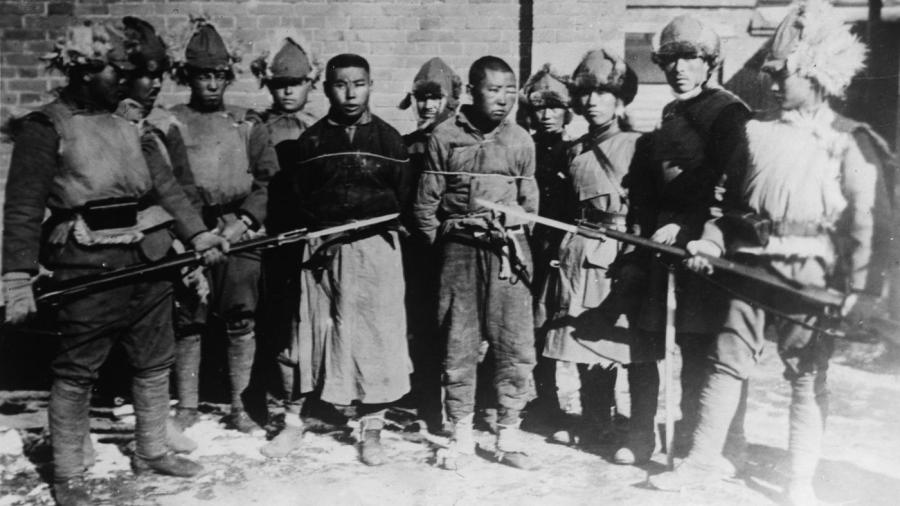Why Did Japan Invade Manchuria in 1931?

Historians agree Japan invaded Manchuria in 1931 for two main reasons: ideology and natural resources. Nationalist leaders in Japan desired to unite all of Asia under one emperor, an ideology known as hakkô ichiu.
In order to execute this ideology and grow its military, Japan needed more natural resources to increase its industrial productivity and strength. Japan did not want to be reliant on other countries for these resources, so Japanese leaders ordered the invasion of resource-rich colonies. Leaders soon decided on invading neighboring China, specifically the province of Manchuria.
China was already weak due to civil war with Communists. Due to the Nationalist Chinese forces preoccupation with these Communists, they did not resist the invading Japanese. Instead, China turned to the League of Nations for help. The League of Nations set deadlines for Japan to withdraw, which Japan ignored. The United States failed to retaliate with any military or economic action. When Japan formed the puppet state Manchukuo in Manchuria, both the United States and the League of Nations refused to recognize it as a legitimate state causing Japan to withdraw from the League in 1933. That same year, Japan invaded and took control of Jehol a neighboring province. In 1939, the United States finally started to challenge Japan’s actions in China by pulling out of trade agreements.





